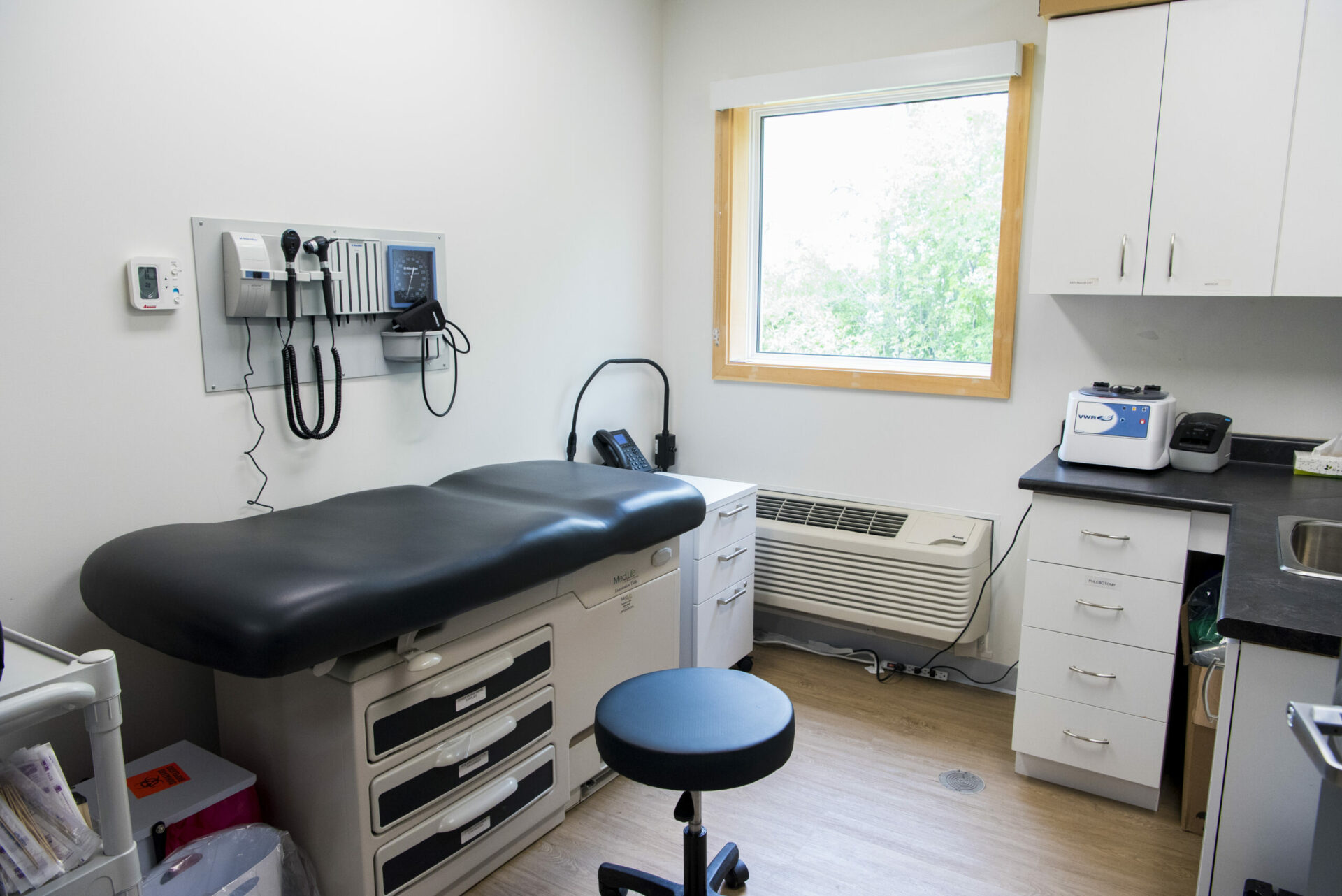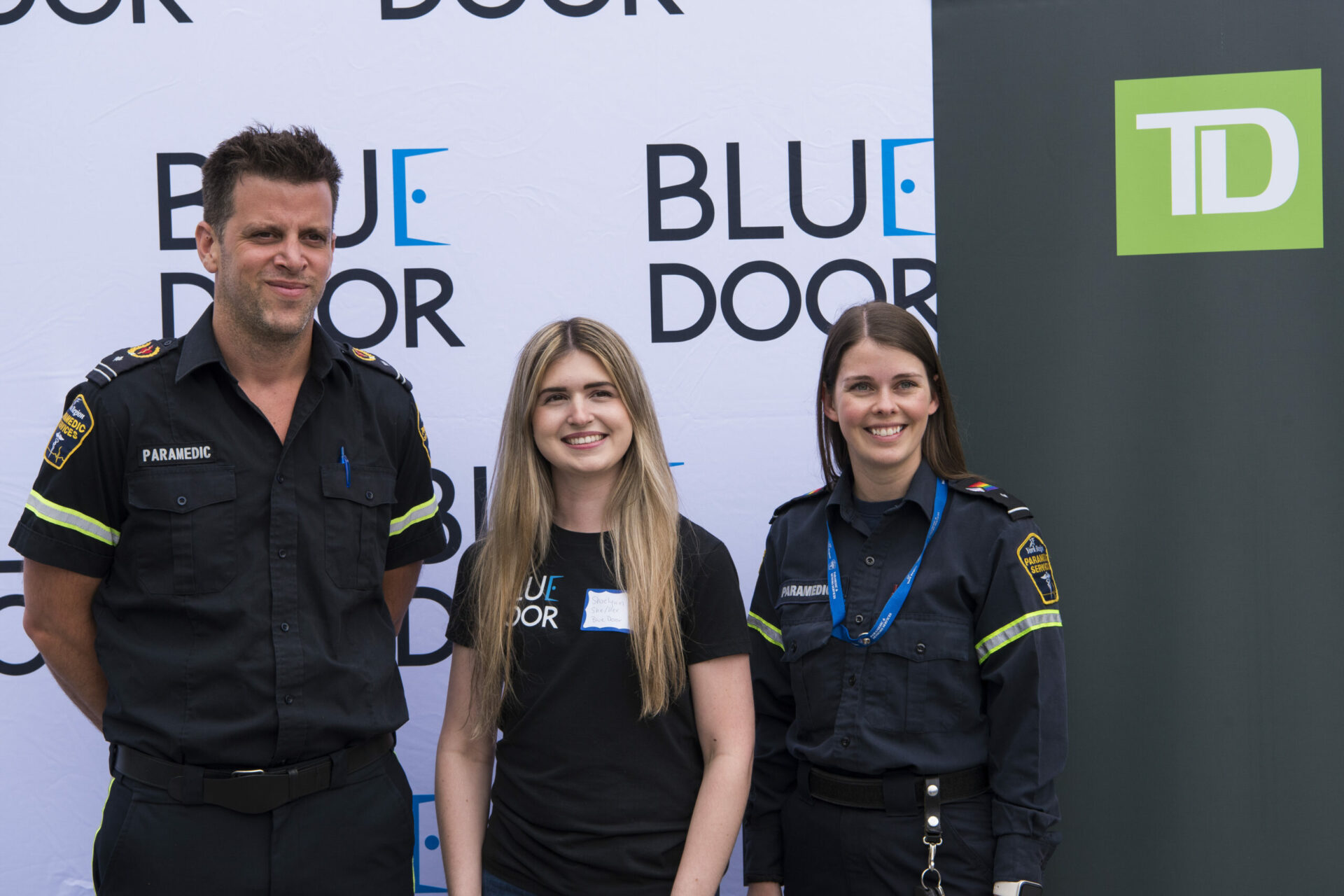Your Gift Will Save and Transform Lives
Every donation to Blue Door helps provide life-changing support to our community’s most vulnerable people experiencing homelessness.
Lifting people out of homelessness and poverty, your gift will provide employment training propelling people into well-paying careers in the trades, a bed for the night, a warm meal, psychotherapy, onsite basic healthcare, longer stays to overcome trauma and barriers, and much much more.


